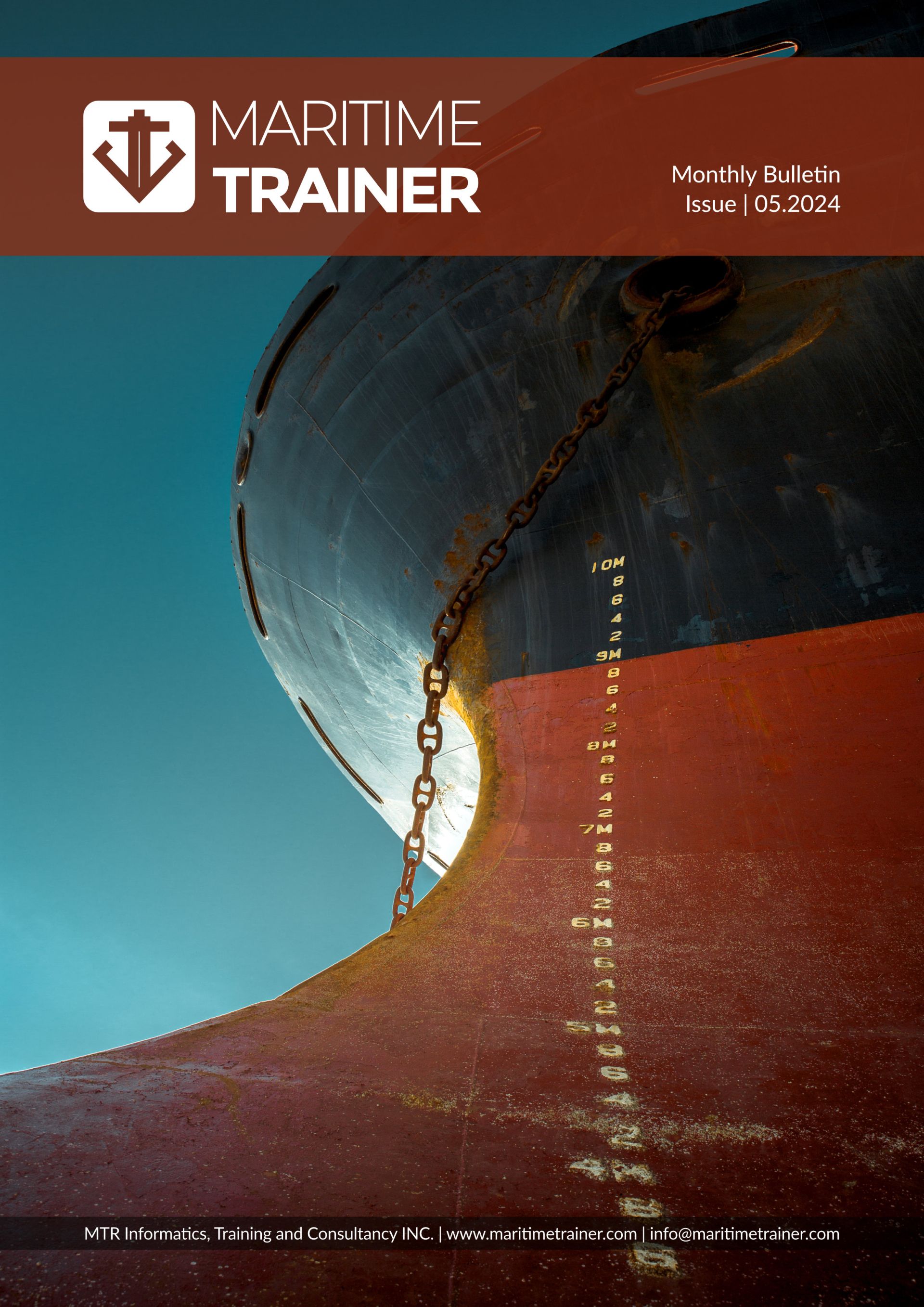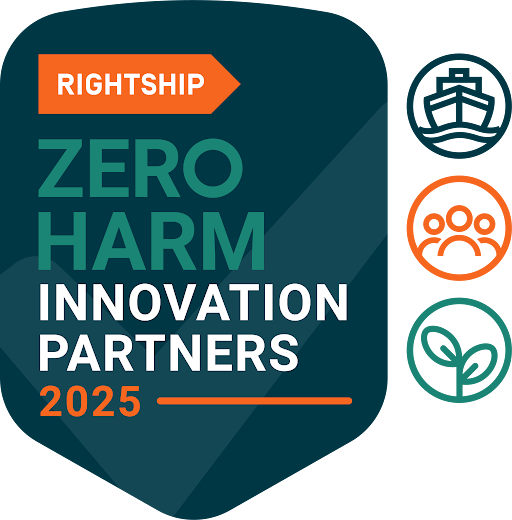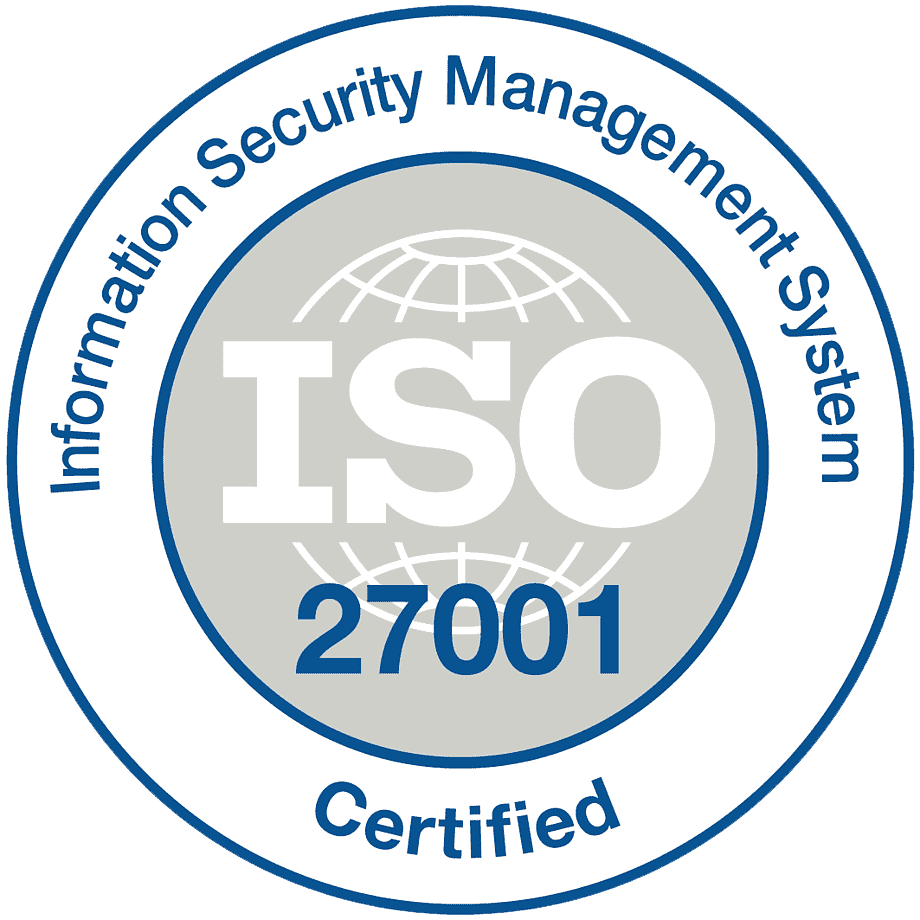Advancing Environmental and Safety Standards in the Maritime Industry: May 2024 Monthly Bulletin

As the maritime industry continues to evolve, the importance of sustainable practices and rigorous safety protocols has never been more evident. In our May 2024 edition of Maritime Monthly Bulletin, we delve into several key developments that highlight the industry's ongoing efforts to enhance environmental protection and safety standards. This comprehensive review provides insights into recent initiatives, technological advancements, and critical safety lessons that are shaping the future of maritime operations
Supporting Ballast Water Management and Anti-fouling Systems Conventions in Madagascar
In May 2024, a national workshop held in Antananarivo, Madagascar, underscored the significance of the International Maritime Organization's (IMO) Ballast Water Management (BWM) and Anti-fouling Systems (AFS) Conventions.
These conventions play a crucial role in protecting marine biodiversity by preventing the spread of harmful aquatic organisms through ships' ballast water and controlling harmful substances in anti-fouling systems.
The BWM Convention, which entered into force in 2017, mandates that all ships in international traffic manage their ballast water and sediments to meet specific standards. This is achieved through a ship-specific management plan, a ballast water record book, and an international ballast water management certificate. The AFS Convention, effective since 2008, sets controls on substances in anti-fouling systems, such as organotin compounds and cybutryne, to prevent environmental damage.
During the workshop, 27 government officials engaged in presentations, group discussions, and role-play exercises to understand the conventions' obligations, compliance monitoring, and enforcement strategies. This initiative is part of IMO's ongoing efforts to encourage countries to ratify and effectively implement these conventions, thereby enhancing marine environmental protection globally.
Extension of the IMO Biofouling Project
The IMO's TEST Biofouling project, aimed at tackling the transfer of invasive species via ships' hulls, has received an extension until December 2026. This project pilots innovative technologies and sustainable methods to manage biofouling, which is the accumulation of aquatic organisms on ships' hulls. Biofouling poses a significant threat to marine biodiversity and industries dependent on it, such as tourism and fisheries.
A newly launched website for the TEST Biofouling project highlights pilot projects, technology portals, training packages, and various publications. As part of the capacity-building efforts, a training course on biofouling management was conducted in Latin America, involving participants from Argentina, Chile, and Panama. This extension ensures that longer-term plans and demonstration activities in participating countries are supported, contributing to the global effort to protect marine ecosystems.
Women in Maritime Day 2024: Focusing on Quality Training
The International Day for Women in Maritime, established by IMO in 2021, is celebrated annually on May 18th to recognize the contributions and challenges of women in the maritime industry. The theme for 2024, "Safe Horizons: Women Shaping the Future of Maritime Safety," emphasizes the importance of training, professional development, and gender equality.
Despite efforts to promote inclusivity, women make up less than 2% of seafarers globally. The IMO's Women in Maritime Program, launched in 1988, focuses on training, visibility, and recognition for women seafarers. This year's program included live broadcasts featuring seafarers, leaders, and professionals from the maritime domain, highlighting new trends such as digitalization, automation, and greener technologies.
Various organizations, including the UN Office of Drugs and Crime and the Sri Lankan Navy, conducted training programs to prepare female sailors for commanding roles. These initiatives aim to create positive change and help achieve the UN’s Sustainable Development Goals, particularly Goal 5, which focuses on gender equality and women’s empowerment.
Maritime Technology Global Challenge: Accelerating Decarbonization
The Maritime Technology Global Challenge, part of the IMO CARES project, aims to identify and develop technology solutions to accelerate decarbonization in domestic shipping and ports, particularly in Africa and the Caribbean. In November 2023, the challenge selected three specific solutions—wind turbines, shore-to-ship power supply, and port call data sharing—for further development and demonstration in Namibia, Mauritius, St. Kitts and Nevis, and Trinidad and Tobago.
These solutions were chosen based on their potential to reduce emissions and their suitability for the technical specifications of the selected ports and vessels. The challenge received 21 entries from companies worldwide, showcasing a diverse range of technologies. Funding is being provided to develop detailed technical proposals, with guidance from regional Maritime Technology Cooperation Centres (MTCCs) in Africa and the Caribbean.
Safety Lessons: Preventing Fan Blade Injuries and Managing Green Water on Deck
Recent incidents in the maritime industry have highlighted the critical need for stringent safety protocols. One such incident involved a fan blade injury during maintenance work on a tanker. The electrician suffered a deep laceration to his finger due to inadequate lockout/tagout procedures and insufficient hazard identification. This incident underscores the importance of proper safety measures, such as using tools instead of hands for tasks and conducting thorough hazard assessments before any work activity.
Positive Reflection for Mental Well-being
Mental well-being is crucial for maritime professionals, who often face challenging and isolated working conditions. Positive reflection, or reframing negative thoughts, is a technique that can help individuals maintain a healthier mindset. Negative self-talk can undermine self-esteem and hinder success. By identifying and addressing common forms of negative thinking—such as filtering, personalizing, catastrophizing, and polarizing—individuals can begin to shift their mindset towards positivity.
Practicing positive thinking involves asking oneself reflective questions, such as what went well today, what activities bring happiness, and what is appreciated about the current environment. These practices can help maritime professionals focus on the positive aspects of their lives and work, leading to improved mental health and overall well-being.
Conclusion
The maritime industry is continually evolving, with significant strides being made in environmental protection, safety standards, and inclusivity. The initiatives highlighted in this month’s Maritime Insights demonstrate the industry's commitment to sustainability, safety, and gender equality. By staying informed and engaged with these developments, maritime professionals can contribute to a safer, more sustainable future for the industry.
Download and read the full version below!





